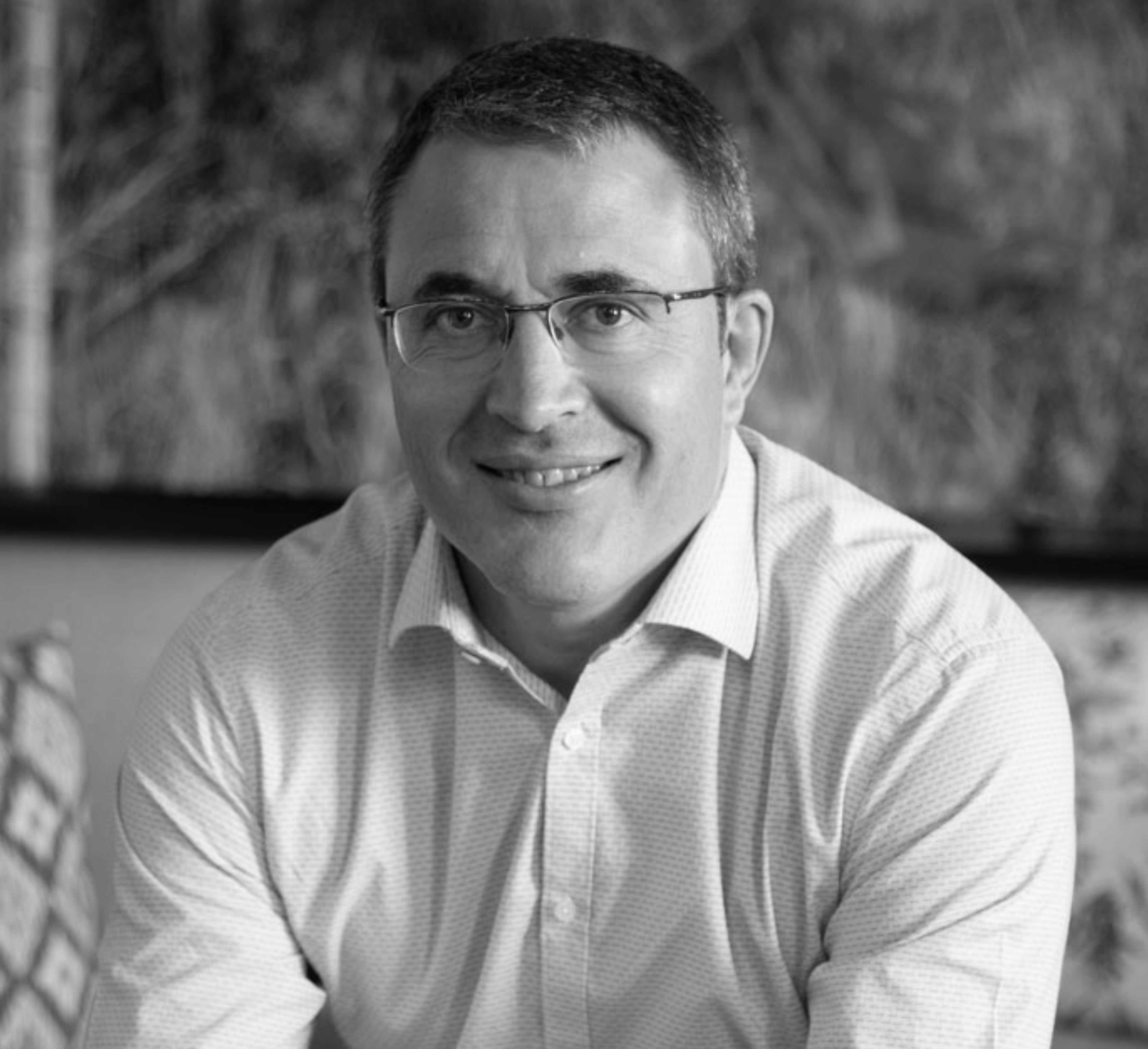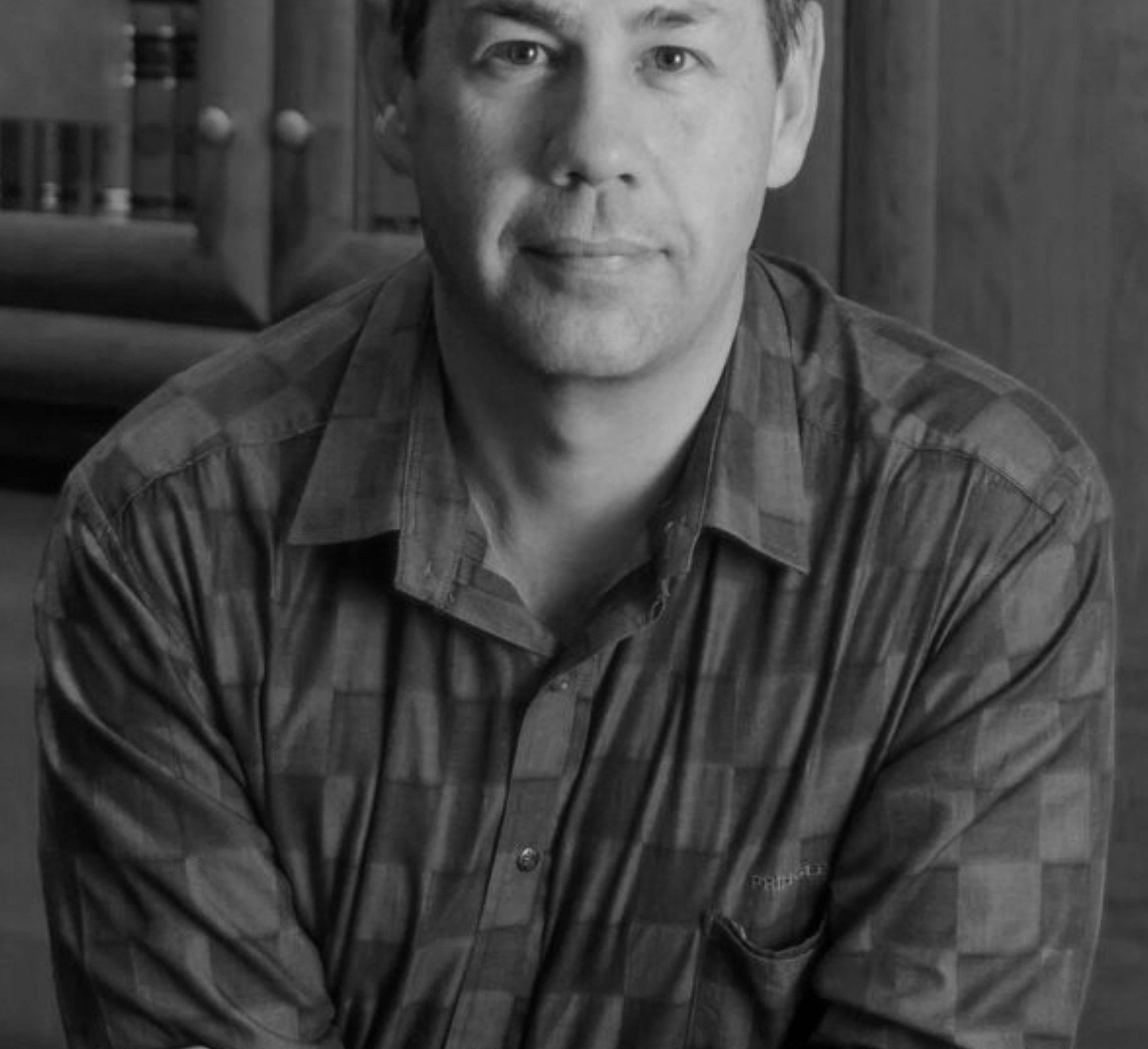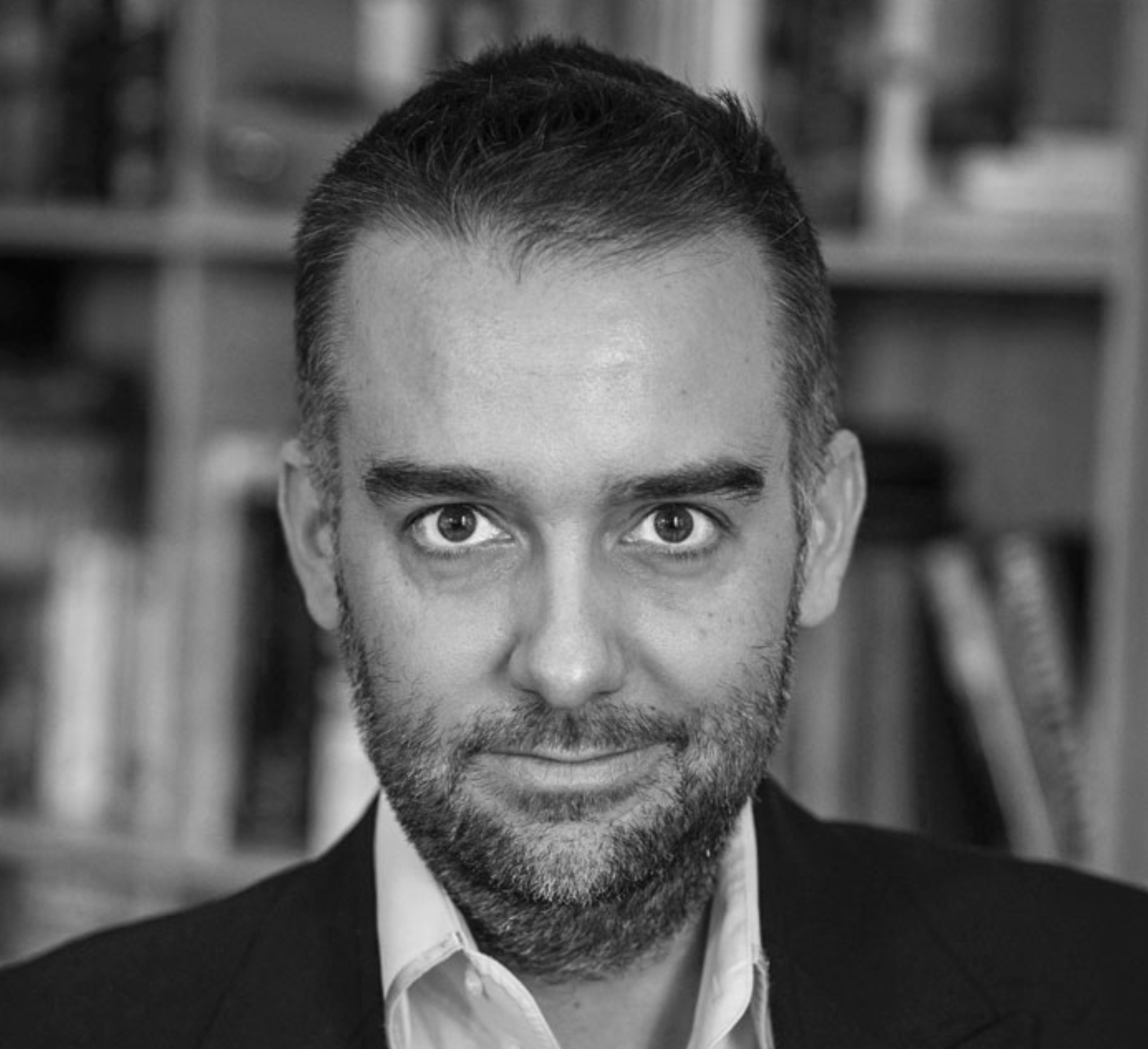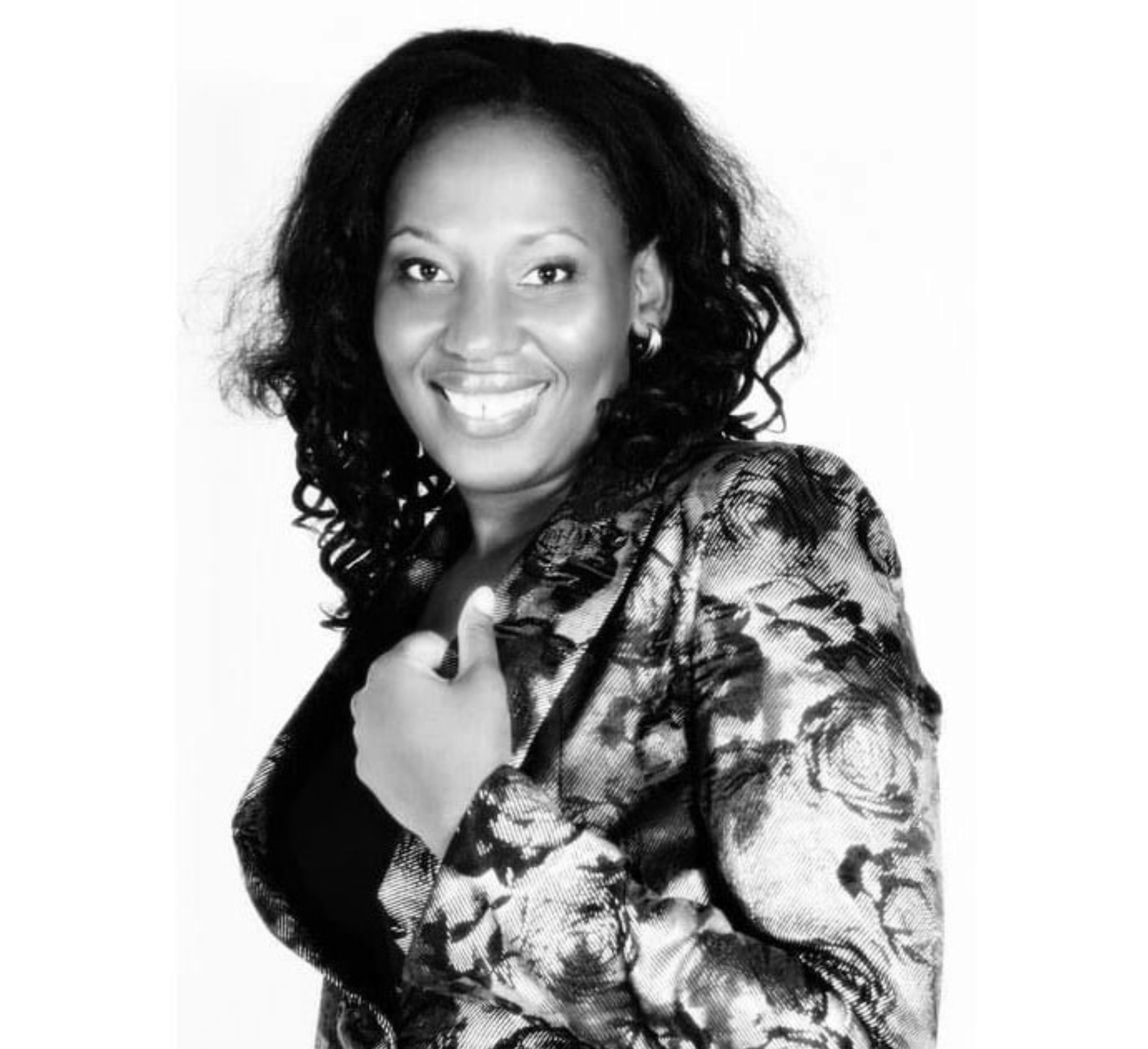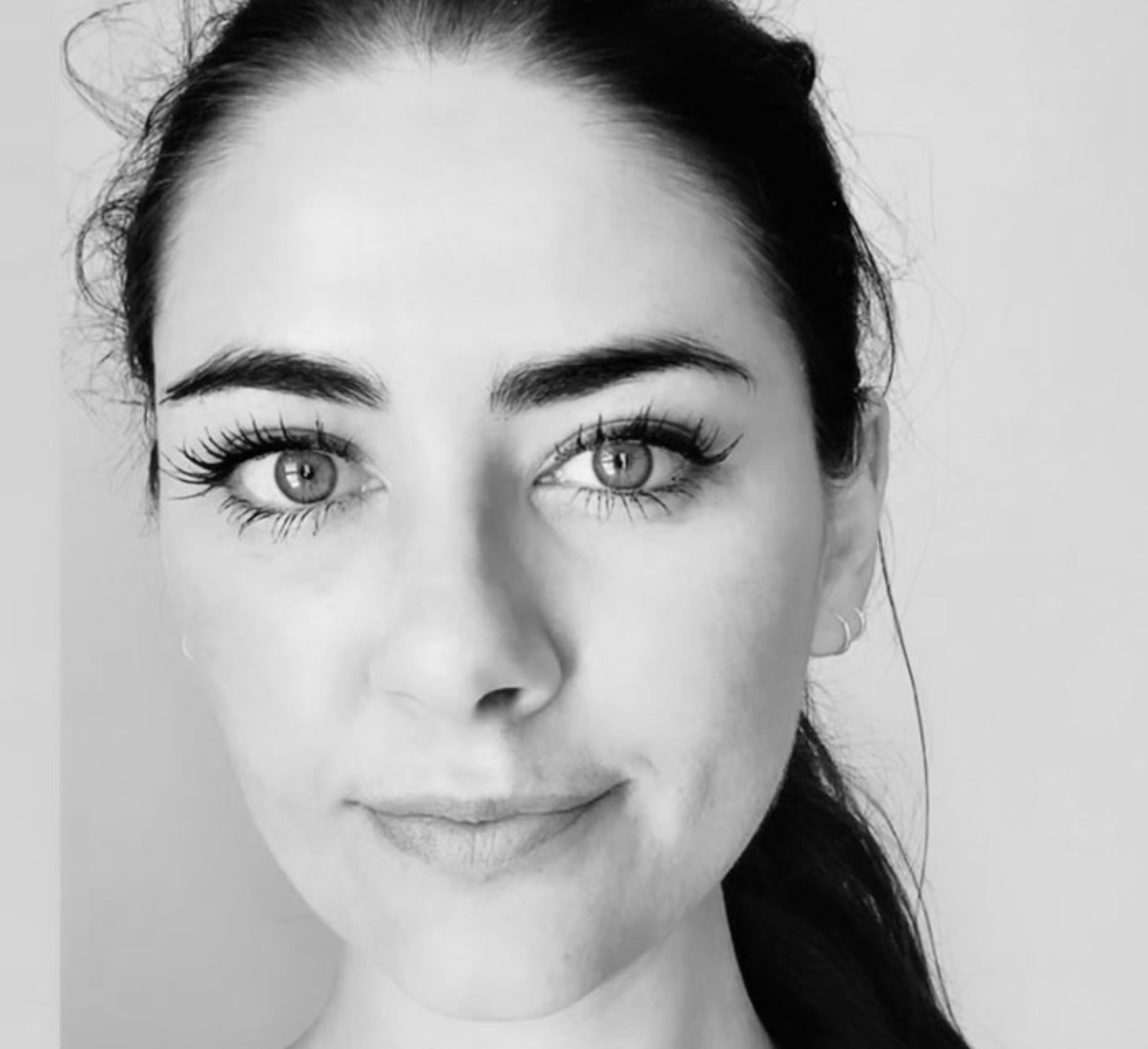111: Dirk Viljoen
A Reputation for Innovation
The insurance industry is a barometer of business conditions generally, CFO Dirk Viljoen explains how Hollard Insurance has weathered Covid after their travel insurance turnover dropped to almost zero.

CIARAN RYAN: Today’s podcast is sponsored by Draftworx, which provides automated drafting and working paper financial software to more than 8000 accounting and auditing firms and corporations. CFO Talks is a brand of the South African Institute of Business Accountants. What a pleasure it is to welcome Dirk Viljoen, who is Group CFO at Hollard Insurance. He was chief actuary there between 2012 and 2018. That brings a somewhat different set of skills to the CFO role, and we’ll hear about that in a minute. He has an MSc in actuarial science and is a fellow of the Faculty of Actuaries, which is based in Edinburgh. He did a dissertation for his MSc at Wits University on how to regulate the long-term insurance sector and looking at things like solvency assessment and the role of the actuary. First of all, welcome Dirk, and where are you talking to us from?
DIRK VILJOEN: Thank you, Ciaran, for the introduction, I’m talking from the Western Cape, we’ve got a farm in the Western Cape, and I’m only here for a week to sort out a couple of admin issues. I live in Johannesburg but with being able to work from anywhere, I can work this week from the farm in the Western Cape.
CIARAN RYAN: I guess a good place to start is your unusual route to CFO. You come from an actuarial background. Does that background give you unique insights that someone from a more traditional accounting background might not have?
DIRK VILJOEN: I think actuarial science is unique in the sense that it covers both a specialist area, which is really insurance, but as part of that it also covers financial areas. So it’s just generally helpful to understand the circle of the insurance business from product development right through to managing solvency. There are fundamental principles of insurance that’s covered well in the actuarial science courses that are really helpful and necessary to insurance and also the finances behind it. These are genuine details in the course material CAs, just some examples of that would be the movement of [unclear] and understanding some of the sources of profits, tax and so on. I think from that perspective actuarial science or being an actuary is useful, especially in the life assurance industry.
CIARAN RYAN: South Africans are familiar with the name Hollard, but listeners overseas might not be. Give us a brief background about the business and what its unique aspects are, how do you differentiate Hollard from the rest?
DIRK VILJOEN: Hollard is a South African company, it’s the biggest privately owned insurance company and it was established about 41 years ago by the Enthoven family, and they started a short-term business to improve service delivery to brokers. Today we’ve got the short-term business but also life and investment businesses. Over time we ventured into the rest of the world, we’ve got interests in six other African countries, the Philippines and Australia. The company today is not 100% owned by the family anymore but it also has an international institutional shareholder, which is Tokio Marine Holding, a Japanese-based insurance group, the oldest insurer in Japan. They own just over 22.5%. Then we’ve also got a local BEE partner called Bushwillow, which owns 20% of Hollard. One of the aspects that makes Hollard unique is that we are absolutely purpose-driven, we believe in our better futures purpose, and that statement you can get from the website. But coupled with that, our purpose dovetails with those of our shareholders to be catalysts for positive and enduring change, that is locally from the Yellowwoods Group, but then also Tokio Marine’s quest to be a good company. The way we conduct our business is to actually fulfil that purpose. Part of our purpose is also to partner with unique businesses. I think we’ve been known in the market to be the leading partner business and we have come up with very interesting and innovative products, procuring insurance products over time that was a first in the market. Lots of our products were first in the market, so we were known back in the day as a little bit of a cowboy but obviously, as we grew we professionalised that model to be unique in the SA market.
People value policies in difficult times
CIARAN RYAN: So you’ve got a reputation for innovation and being first to market with products, but now give us a sense of how the business has been doing during the Covid lockdown.
DIRK VILJOEN: I think we are definitely not unaffected by the pandemic. I think in our business the different product lines have been affected differently, so I will just give some examples of that, some of them have been positively affected and some negatively. So there’s really a mixed bag but just to name a few, our travel insurance business, the turnover has almost dropped to zero over the hard lockdown. Although it recovered somewhat, it remained subdued just because the movement of people is so much less than before. Our motor claims initially dropped to levels that we haven’t seen before, so the claims are much less. But to treat customers fairly, we have returned part of the good experience to them in terms of premium refunds. You may have read in the media about some of the court cases around the world, and in South Africa specifically, on business interruption. We also have exposure to business interruption claims. So that is something that after the recent judgements, we are looking at, not looking, we are actually paying the valid claims, we started to pay some of them last year already. Then on our life portfolio, initially it looked like we were not going to be much affected but after the first wave we saw that clearly, we are affected by an increase in mortality. We were a little bit surprised about the second wave and the severity of that, so that’s been a negative. But also, we’ve got a business line where we cover credit, a bank assurance type of product, where we also cover retrenchments. Initially we saw quite a bit of retrenchment claims coming through. Then on the cancellation of a policy, I think we’ve seen that at an all-time low and it is clear, especially in these difficult times, that people value policies. So that has been our positive. Then maybe just to touch on the economic environment, that was quite an interesting one for our short-term business, which is largely invested in cash, the lower interest rates are obviously quite a challenge, it’s a lot less than a year ago. But the structure of the long-term interest rates and the yield curve, how that moved, has benefitted our life business positively again. So I think that you can see that it’s quite diversified over the group and we’ve shown good resilience in these times, but it’s certainly a challenging time for the industry as a whole.
CIARAN RYAN: We’re also joined here by Nicolaas van Wyk, who is the Chief Executive Officer of the South African Institute of Business Accountants. Nicolaas, you’ve been listening in on this, do you have a question for Dirk?
NICOLAAS VAN WYK: Hi Dirk, hi Ciaran. Thank you for that introduction. I’m always a bit afraid to speak with actuaries, he’s going to consider my lifestyle and tell me I only have two years left.
CIARAN RYAN: [Laughing]
NICOLAAS VAN WYK: So before that happens, here’s the question. I’m a particularly interested obviously in the development of the modern CFO and we see more and more CFOs coming from a non-traditional accounting background, fulfilling that role. So we have our traditional CAs but then there are a lot of guys with BCom honours, MBAs, from the legal fraternity, and also from the actuarial sciences. So just maybe on that development a little bit more from Dirk, I’m sure a lot of our listeners will appreciate that. Then also, about Covis, you’ve explained to us how it’s affected Hollard, but how did your finance function adapt to the new challenges, and from a finance perspective, what is the major concern and what have you put in place to address these issues?
DIRK VILJOEN: Thank you Nicolaas, on the first question, an opening statement there is that I absolutely value the value that CAs bring to the party. So I don’t think coming from a unique path that we must dismiss the value that CAs bring to the CFO world. Definitely in my portfolio I am very dependent on good CAs, so I just wanted to make that point. Then I think in terms of the unique paths that are possible nowadays, I think it’s recognition that the role of the CFO is not only a finance role. I have recently been to a session with Mervyn King and he has renamed the CFO to the CVO, as the chief value officer, in terms of bringing value to the company, as opposed to just a sound financial team and structures and controls. For me, depending on which industry you are in, that can be brought in by different disciplines. I always compare actuaries in the insurance industry to engineers in construction or maybe mining and so on. So I think that if you look at the CFO and the requirements, there’s a lot of insight that you need into your industry, there’s obviously the financial background that you need to have, and coupled with that is the leadership that you need to be able to bring to the party. In terms of your second question on the effects of Covid, on finances, I think I was quite encouraged by the way, not only the finance community, but the whole organisation was able to overnight basically work from home. I was traditionally not a believer that working from home is possible, just because my experience before Covid was that most people working from home actually had another reason to be at home, either waiting for the plumber or having to do something specific. But I think the crisis has shown that it’s absolutely possible and it has proven me wrong. In terms of what I have seen in the finance world, is that it was probably easier for us to adapt in some of the other areas. I think what took a bit of getting used to is how you work in teams, where teamwork is required. But what I have seen generally is the professional areas have adapted quite quickly and, in fact, productivity has increased in those areas. But if you want to ask me, do I want to go back to work, I certainly would love to go back to work, even if it will not be in the same way as before because I do miss engaging directly with people.
CIARAN RYAN: Nicolaas, did you have a follow-up question there?
NICOLAAS VAN WYK: No, it’s just to repeat what he’s saying, I suppose you could consider the finance function as developing along the same line as a business, as it becomes more mature on like an S-curve, you would find changes at the top. I like what Dirk said about the leadership issue and the specific knowledge that he brings to that CFO function. I think with regard to the more complex businesses get, and the more complex transactions get, that knowledge will become more important. So we developed this CFO competency framework and it speaks to this new world of the CFO. So thank you very much for that feedback, Dirk. Back to you, Ciaran.
CIARAN RYAN: Yes, just to follow up on that, I think it’s out of Queen’s University in Ontario, in Canada, they recently issued a research paper called moving from CA to CFO, and they’ve highlighted the 34 different competencies that an ideal CFO needs to be recognised by future employers. It’s clear from this and other research as well along the same line that the traditional academic route to senior accounting roles is inadequate to the task that confronts the modern CFO. So issues like team leadership, mentoring and strategy, these are not typically part of the accountants’ armoury. The question for you, Dirk, is would you agree that these competencies are only learned through experience in the school of hard knocks because there’s nothing there that’s going to teach you some of the things that you have to learn along the way?
DIRK VILJOEN: Maybe just to caveat that, actuaries are also not trained for the conversion from an actuary to a CFO, just to put that out there. I do think that experience definitely contributes to the learning. If you’ve been through some of the issues and so on, then it does give you insight and it does help you to develop further. But I also think that it’s important that we teach these experiences to youngsters. I think if one takes only what you’ve learnt through experience and keep it to yourself, then we will not develop the profession of the CFO. What I have come across that was really helpful that I would like to see more of is specific courses that give more of a practical understanding of business. The courses that I have seen that I like are typically through simulation programmes, and the simulations are done through chance and it’s not the same every time you go through the course. So I think that’s an excellent alternative way to bring experiences to potential CFOs or potential leaders, as opposed to real-life experience. But having said that, real-life experiences are very valuable and it is not a simulation game, and it does help to be more decisive the more you have been exposed to certain situations.
‘There’s no such thing as a typical day.’
CIARAN RYAN: Just on that point, just walk us through a typical day in your life as CFO. What are you spending most of your time on, is it people issues? Is it compliance issues? What takes up most of your time?
DIRK VILJOEN: Firstly, there’s no such thing as a typical day but there are mainly two aspects that I think are important, the first would be to be absolutely prepared, as in prepared for meetings that you go to, prepared for what you actually want to move, so it’s to be clear in terms of your priorities that you want to shift. Then to make sure that you put yourself in a position that you can focus on those priorities. But the second one is also to mobilise people and I think that’s a very important one because as the CFO, and depending on the size of your portfolio, it is impossible for yourself to execute on all the work that is necessary. So you have to surround yourself with experts and you have to have the ability to mobilise those people. My typical day will include lots of reading, as part of the preparation for meetings and so on, but also informal check-ins with my team, different stakeholders, shareholders, board members and so on. Then obviously there are the formal engagements as well, which could be from team meetings, through to board committee or board meetings itself.
CIARAN RYAN: I just want to go back to the state of the insurance business. You mentioned that the claims, I guess this is on the life side of the business, you saw an increase in claims due to Covid, do those claims correlate with the graph that we’ve seen about mortality in the two Covid waves we had? The second wave was actually I think worse than the first one is, does that correlate to your experience in terms of life claims?
DIRK VILJOEN: Yes, absolutely it does, it was very interesting that up until June we have not really seen any changes to our mortality experience [unclear], so we thought that maybe we are off the hook, but from July, August, September we saw a massive increase in claims. We have provided for it but we did see an increase. Then from October it normalised again through to December. When the second wave started, we actually saw a normal level of mortality claims, and then in January a sudden spike again, which was more severe than the one in July, through to February but in February again we could see immediately the recovery of the level of claims. February was about 30% down from January. If you plot them against the two waves, the graphs of the two waves that are typically shown in the press, there’s a slight delay that we see from our experience to that but the forms of the claims are exactly the same.
CIARAN RYAN: Are we now seeing a normalisation, are we now back to normal claims patterns?
DIRK VILJOEN: I certainly hope so, we’ve seen the drop off in our experience and obviously, we’ve seen that as a country as well, if you look official statistics. The real question now is whether there would be future increases or waves, and if so, what would be the severity of those, and how many would be see after another, call it, set.
CIARAN RYAN: What about the business claims, business interruption I think is the term that you use, is that still ongoing? Is that still an issue? Is it causing you any concern?
DIRK VILJOEN: It’s a very complex matter and I think most of the uncertainty in terms of should we pay or should we not pay has been dealt with. I think from that perspective we are comfortable that we understand our own position and we have our own estimates of the claims that we have provided for. If you look at insurers, I think there are other complexities that typically an insurer will also insure its own risks, we refer to that as re-insurance, and there is still complexity in those contracts, and that will not affect the policyholder but that will affect the company. If you ask me are there still ongoing aspects, that is one where we still need to get certainty about how the reinsurance will follow the claims. But as I mentioned, that will not affect the businesses that we pay the claims to, that is really for our own account.
‘I think it’s important that one tries to give back to one’s profession or just generally to South Africa as a society.’
CIARAN RYAN: Tell us a little bit about your career journey, where you grew up and what led you to CFO at Hollard?
DIRK VILJOEN: I’ll quickly touch on where I grew up and the timeline from there. I grew up in the Vaal Triangle, I was schooled there and in Bloemfontein. I then went to university, the old RAU, which is now the University of Johannesburg. I was actually registered for law but when I go there, the queue was so long, and I decided I’m going to miss mathematics too much. I went to the registration desk next to it and there was no queue, so I registered for actuarial science. Then I got my degree and I took a gap year to the UK, where I did some odd jobs, I couldn’t get a job as an actuary. But that was a great learning experience that gave me some insights to how the rest of the world worked. I then returned to South Africa and was happy to just get a job, so I got my first job at Sage Life in the product development area. After a short stint there I ventured into investments and worked for Commercial Union in Cape Town. After Commercial Union, I joined Fedsure in their product development area, and then in a business called Fed Credit. You’ll notice that none of the businesses that I worked for exist today anymore, there was a lot of corporate action back in the day, and Fedsure at that point, after two years there got into trouble, and the division that I was working into was sold to Hollard. I was very lucky to be exposed into that niche business because it actually gave me exposure to all aspects of the business. So it wasn’t a pure actuarial role but it gave me exposure from product development right through to finances, marketing and so on. Once I joined Hollard I went back to more of an actuarial role in valuations and I continued to study to ultimately qualify through the UK as an actuary, and after that I did my masters at Wits University. I think at Hollard I have fulfilled various roles, starting off in the life valuations team, as I mentioned, and later I became the statutory actuary of the life licenses, so that’s really the signing actuary, if you can call it that. After that we merged the different teams of actuaries into one, the short-term ones and the life ones, including product development, capital management and the liability team. So I became the chief actuary and in 2017 after restructure, my portfolio also grew with treasury, capital management and investments. Two years later in 2018 I was appointed as the CFO. So today I have got over 20 years’ experience at Hollard. My current portfolio includes finance, internal audit and risk as the assurance functions, also legal governance, corporate secretariats, investments, capital management and tax. I think if I look at my career, it’s important just to acknowledge that there were in each facet there were people who either formally or informally mentored me, some were actuaries, some were not, and I think that was very useful to grow and develop as I went through time as a youngster. Just as an aside, while busy with my work at Hollard, up to the point when I was appointed as CFO, I was also part-time lecturing at Wits, where I really enjoyed the engagement with the students. I think it’s important that one tries to give back to one’s profession or just generally to South Africa as a society.
CIARAN RYAN: An interesting journey. What do you do during your downtime, where do you go on the weekends?
DIRK VILJOEN: I’m a family man, I’ve got four kids and I like to spend time with them. They are very busy, they are quite close to each other, I’ve got two boys and two girls. But over weekends, my wife and I are keen cyclists, weekend warriors, so I like to do a bit of both mountain biking and road cycling. I have mentioned to you earlier that we’ve got a farm in the Western Cape, close to Hermanus, so we love to spend time in the fynbos. We’re not actively farming with anything, so we try to preserve a part of the mountain that we’ve got and keep it clear of aliens. Then, of course, being in this area, we also love wine.
CIARAN RYAN: When you say, keep it clear of aliens, we’re talking about alien plant species.
DIRK VILJOEN: Yes, alien plant species, of course, that would typically be your Port Jackson’s, Myrtles and so on.
CIARAN RYAN: It must be beautiful in the fynbos.
DIRK VILJOEN: Yes, absolutely.
CIARAN RYAN: Nicolaas, have you got any final questions for Dirk?
NICOLAAS VAN WYK: So much that Dirk is saying resonates with so many of our listeners. So it’s very liberating to hear that, that there isn’t just one path. I suppose it was Dirk’s massive business experience and then going back to actuarial sciences, it’s quite interesting, and ending up in a CFO role is becoming really the norm in the whole CFO world. Thank you very much for sharing that and I think your career development is quite interesting.
DIRK VILJOEN: Thank you Nicolaas, and thank you for having me here.
CIARAN RYAN: Just one final question, what books would you recommend?
DIRK VILJOEN: That’s an interesting question because if I think about books, there are plenty and plenty of business books that one can read. Nowadays to get reviews on books it’s quite straightforward. But just with the complexity nowadays of working not only with business issues but also with people, people of different disciplines, I would like to recommend one specific book that I think is interesting. It’s called Together: The Healing Power of Human Connection in a Sometimes Lonely World by Vivek Murthy. It’s a completely different book compared to what you will normally read for business but it does highlight the importance of human engagement, human interaction and then also the ability to give affirmation to people who work for you. Then another interesting read is perhaps a book that is more well-known and the principles could be applied to business, and that’s The Art of War by Sun Tzu. It’s an ancient book of Chinese military strategy but I think there are many applications that are true for life and business too.
CIARAN RYAN: Funnily enough, that is a book that has come up several times, people have recommended that as a business book, because it really deals with strategy and how you deal with obstacles and how you avoid conflict rather than engage conflict. I think for a lot of people that seems to be the takeaway, is that your takeaway from it?
DIRK VILJOEN: Yes, absolutely. Interestingly enough, I received that book as a present when I left Sage and that was in 1998. It was interesting for me also how many times the book has been quoted more recently. There’s obviously some enduring advice and principles in the book, so absolutely to your point I agree.
CIARAN RYAN: Fantastic, I think we’ll leave it there. Dirk Viljoen thanks so much for coming on and talking to us. What an interesting story about your journey to where you are now and the lessons that you’ve learned along the way, and also bringing your actuarial science background rather than a traditional accounting background. I think both Nicolaas and I are quite fascinated with that. So I want to thank you so much and we’ll certainly stay in touch and find out how the year is going. I think the business that you’re in is such a barometer of business conditions generally that we like to stay on top of this.
DIRK VILJOEN: You are more than welcome, thank you for having me, Ciaran and Nicolaas, I really appreciate it.

